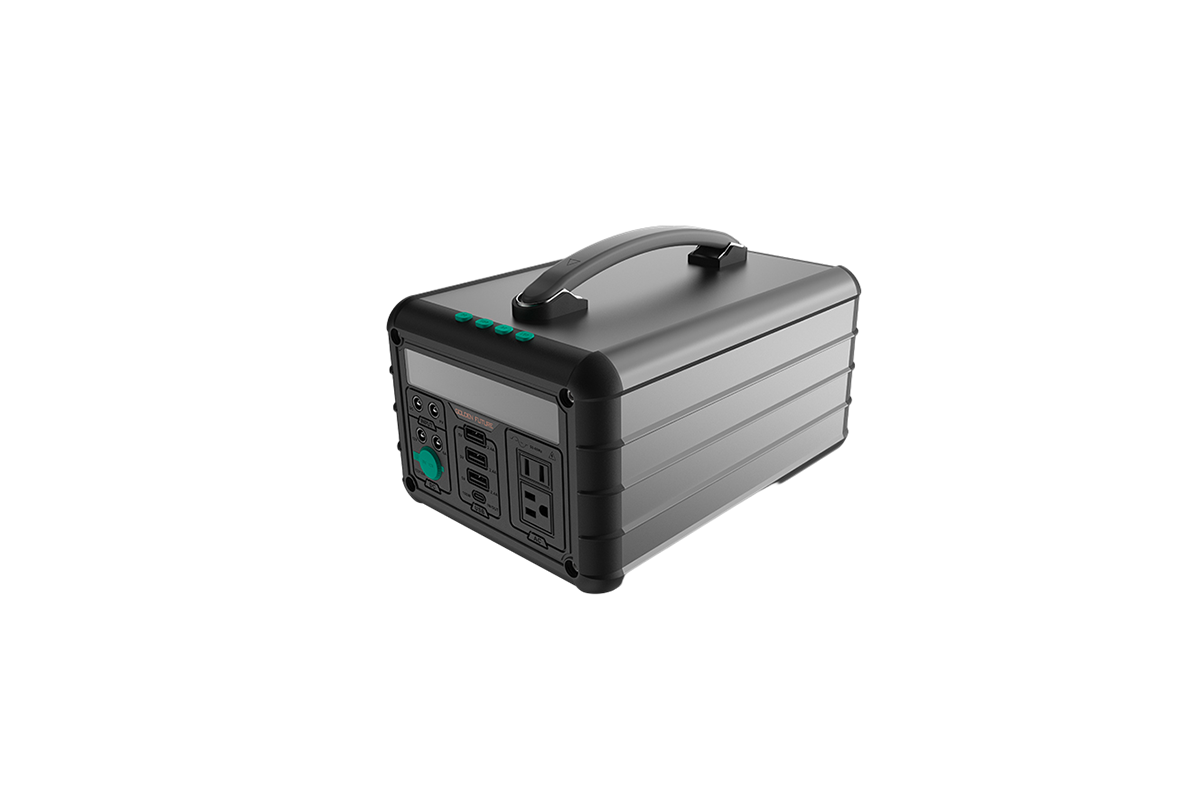

Time:2025-10-15 Views:1

The integration of energy storage lead - acid batteries represents a pivotal aspect in the development of reliable and efficient energy storage systems. Lead - acid batteries, with their long - standing history and established technology, offer several advantages that make their integration crucial for various applications. One of the primary benefits of integrating lead - acid batteries is their cost - effectiveness. Compared to newer battery technologies such as lithium - ion, lead - acid batteries are generally more affordable, making them an attractive option for large - scale energy storage projects where cost is a significant consideration.
In the integration process, multiple lead - acid batteries are typically connected in series or parallel to meet the specific voltage and capacity requirements of the energy storage system. Series connection increases the voltage output, while parallel connection boosts the overall capacity. However, this integration is not without challenges. Balancing the charge and discharge of individual batteries in a string is essential to ensure the longevity and performance of the entire battery bank. Advanced battery management systems (BMS) are often integrated to monitor and control parameters such as voltage, current, and temperature of each battery cell. These BMS systems can detect and address issues like overcharging, over - discharging, and uneven charging, thereby optimizing the performance and extending the lifespan of the lead - acid battery system.
The integration of lead - acid batteries also involves considerations for safety and environmental protection. Adequate ventilation and fire - prevention measures need to be implemented due to the potential release of hydrogen gas during the charging process and the flammability of battery components. Additionally, proper disposal and recycling processes are integral parts of the integration, as lead - acid batteries contain hazardous materials such as lead and sulfuric acid. By effectively integrating lead - acid batteries with comprehensive management and safety protocols, they can play a vital role in applications ranging from backup power systems in data centers to off - grid renewable energy storage solutions.
Read recommendations:
emergency portable power station suppliers